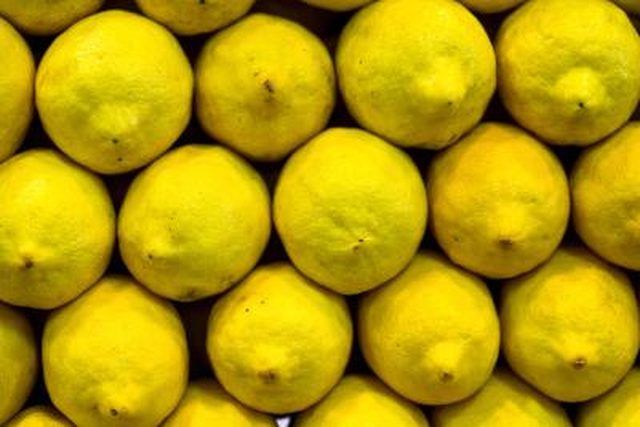Bulbs
Flower Basics
Flower Beds & Specialty Gardens
Flower Garden
Garden Furniture
Garden Gnomes
Garden Seeds
Garden Sheds
Garden Statues
Garden Tools & Supplies
Gardening Basics
Green & Organic
Groundcovers & Vines
Growing Annuals
Growing Basil
Growing Beans
Growing Berries
Growing Blueberries
Growing Cactus
Growing Corn
Growing Cotton
Growing Edibles
Growing Flowers
Growing Garlic
Growing Grapes
Growing Grass
Growing Herbs
Growing Jasmine
Growing Mint
Growing Mushrooms
Orchids
Growing Peanuts
Growing Perennials
Growing Plants
Growing Rosemary
Growing Roses
Growing Strawberries
Growing Sunflowers
Growing Thyme
Growing Tomatoes
Growing Tulips
Growing Vegetables
Herb Basics
Herb Garden
Indoor Growing
Landscaping Basics
Landscaping Patios
Landscaping Plants
Landscaping Shrubs
Landscaping Trees
Landscaping Walks & Pathways
Lawn Basics
Lawn Maintenance
Lawn Mowers
Lawn Ornaments
Lawn Planting
Lawn Tools
Outdoor Growing
Overall Landscape Planning
Pests, Weeds & Problems
Plant Basics
Rock Garden
Rose Garden
Shrubs
Soil
Specialty Gardens
Trees
Vegetable Garden
Yard Maintenance
Why Does My Lemon Tree Have Lemons with Thick Skins & Very Little Juice?
Why Does My Lemon Tree Have Lemons with Thick Skins & Very Little Juice?. Some varieties of lemon naturally exhibit a thicker skin and little juice. However, if the tree in question is a variety that is supposed to produce juicy fruit or has in the past, it is an indicative symptom. Lemon and other citrus fruits may exhibit thick skins and low...

Some varieties of lemon naturally exhibit a thicker skin and little juice. However, if the tree in question is a variety that is supposed to produce juicy fruit or has in the past, it is an indicative symptom. Lemon and other citrus fruits may exhibit thick skins and low juice for a few reasons.
Excess Nitrogen
Excess nitrogen lowers fruit quality and shortens fruit storage life. The fruit skin thickens and coarsens while the fruit's percentage and quality of juice decline. The fruit also may be puffy and see delayed maturity. The effects of excess nitrogen are amplified when the level of available phosphorus is low.
Phosphorus Deficiency
Fruits of phosphorus-deficient trees are misshapen, with open centers and course, thick rinds. The fruit is pulpy and has a low percentage of juice, which is acidic. Too much phosphorus does not negatively impact citrus trees but may accentuate any effects of a zinc deficiency.
Excess Vigor
Excess vigor may cause lemon tree fruit to have a thick rind. The fruit may also be puffy or sheep-nosed. This is a characteristic typical of off-bloom fruit and can be controlled by following proper cultural practices.